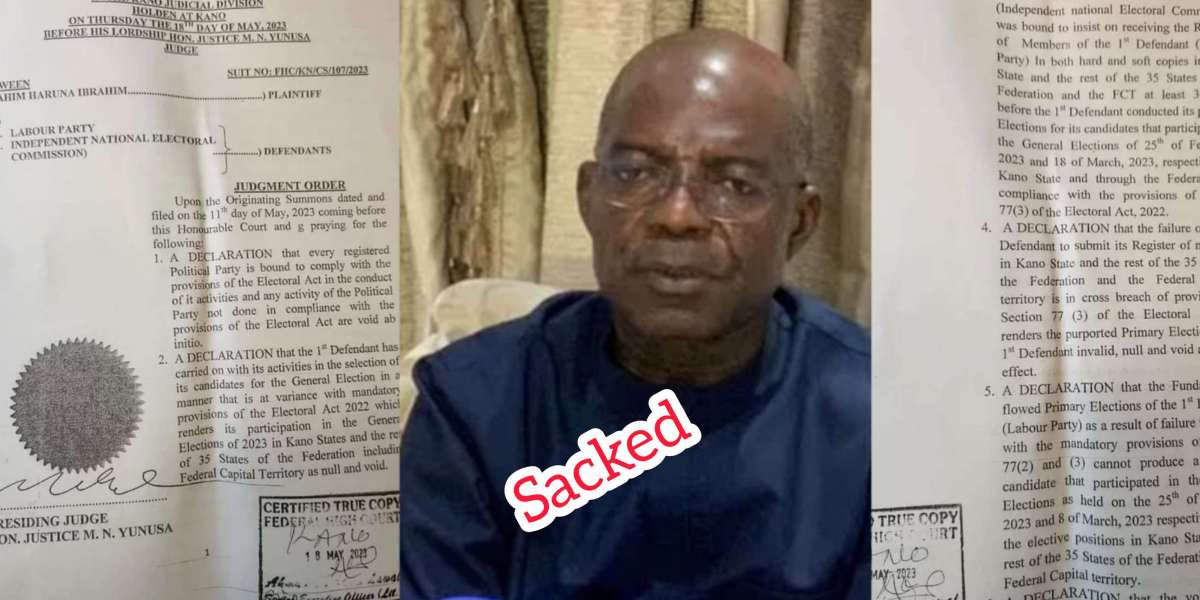The Labour Party (LP) asserts that President Bola Ahmed Tinubu has caused Nigerians anguish and suffering in less than one month in office.
According to the opposition party, the Nigerian leader has caused hardship for Nigerians by increasing, among other things, the price of gasoline at the pump, electricity rates, and vehicle registration fees.
ALSO READ: Just In: Northern Elders Warn Tinubu, Shettima Against Imposing 10th NASS Leaders
Obiora Ifoh, national spokesman for the LP, told Vanguard on Wednesday in Abuja that Tinubu has continued in the footsteps of his predecessor, Muhammadu Buhari, with a long convoy of vehicles and inflated bureaucracy.
The LP spokesman claimed that after just one month in power, the Bola Tinubu administration is already exhibiting early symptoms of a wasteful lifestyle and living in affluence.
It is ironic, according to Ifoh, that the Tinubu administration will urge Nigerians to "tighten their belts and make sacrifices" while he lives in opulence and refuses to reduce the cost of governance.
He said: “It is unfortunate that this APC administration, which is still struggling for legitimacy in court, has inflicted pain and suffering on Nigerians just under one month since assuming power albeit temporarily.
ALSO READ: Exclusive: 'Challenges Awaiting Tinubu's Administration, Possible Solutions'
“This is an administration that has supervised increases in the pump price of petroleum products, electricity tariffs, and vehicle registration among others but has refused to cut the cost of governance.
“President Bola Tinubu just returned from his foreign business/private visit and was welcomed by a convoy of over 100 vehicles fueled by taxpayers’ money.
“We are certain a long list of taxes will soon follow just to raise funds in order to maintain the lifestyles of those in power to the detriment of ordinary Nigerians.
ALSO READ: Senate Presidency: "Akpabio Is Caught Between Adamu and Tinubu's Cold War"
“The administration’s policies has so far revealed a desire of the ruling party to make life harder for ordinary Nigerians because more citizens will certainly fall below the poverty line as more and more jobs are being lost and businesses are going under as a result of rising cost of transportation and energy.



